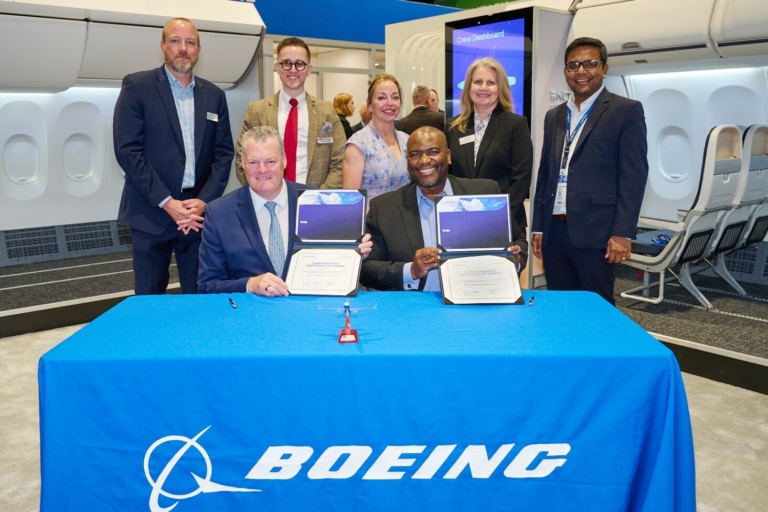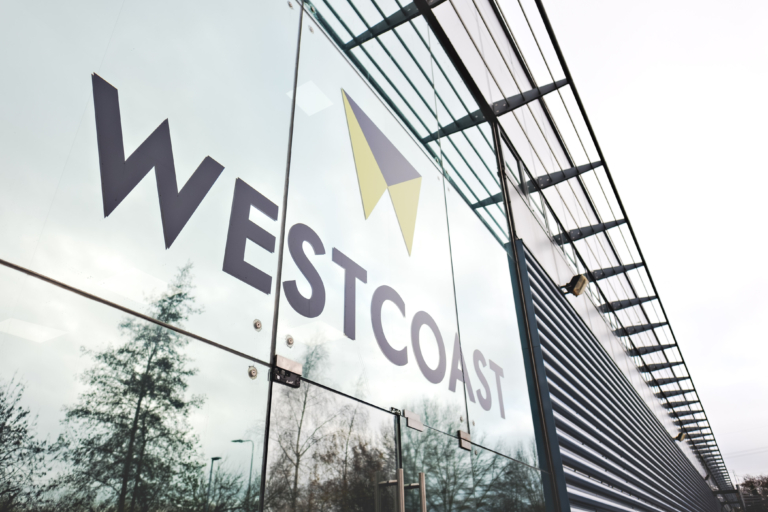BAE Systems joins Race to Zero campaign to drive innovation and protect against future threats

BAE Systems has joined the United Nations’ Race to Zero campaign, by signing up to the Business Ambition for 1.5°C.

This commits BAE Systems to setting science-based targets to align with the aim of the Paris Agreement to limit global warming. Earlier this year, the company announced its target to achieve net zero greenhouse gas emissions across its operations by 2030 and across its value chain by 2050.
In order to achieve these goals, BAE Systems will be investing in low to zero energy carbon products and renewable energy solutions, supporting its supply chains to reduce greenhouse gas emissions and pioneering new technology to help customers move towards net zero.
BAE Systems’ chief executive, Charles Woodburn, said: “As a technology leader employing thousands of highly-skilled innovators and investing heavily in research and development, we have a responsibility to use our expertise to pioneer new ways to tackle the very real threats we’re facing. Making the commitments as part of Race to Zero is an important part of our pledge to help tackle the climate crisis as we seek to learn from others and share best practice to achieve this common goal.”
With the threat environment continually evolving, governments around the world need to consider how to protect against not just physical and cyber threats, but also the challenges posed by climate change and the impacts on people and communities.
BAE Systems knows that innovation lies at the forefront of delivering a sustainable future and managing these evolving threats; the company is already using technology to transform its operations:
- Australia’s Hunter Class Frigates will be built in one of the most digitally advanced, sustainable and energy-efficient shipyards in the world
- In the US, its San Diego shipyard has been recognised for its environmental sustainability practices including its all-electric dry dock fitted with LED lighting and electric cranes, which are reducing annual electricity usage and diesel fuel consumption
- At Portsmouth Naval Base in the UK, work is underway to de-carbonise facilities and its teams are using augmented reality and artificial intelligence to improve operational efficiency while reducing carbon emissions
- Additive manufacturing technology is being used in combat air production, cutting production time and reducing material and energy consumption. In recent trials, BAE Systems reduced the production time of a large engine mount frame for a Typhoon aircraft, from 100 weeks to just 60 days.
As well as innovating for a net-zero future for themselves, BAE Systems is also working with governments and commercial customers to design sustainable solutions which are helping to reduce carbon emissions:
- The adoption of synthetic pilot training in the UK – more than 13,000 hours in 2020 – helped to save around 75 million litres of aviation fuel, equivalent to 184,000 tonnes of CO2
- HMS Spey, which was handed over to the Royal Navy last year is one of the most environmentally friendly ships to join the fleet thanks to a urea filter which reduces nitrogen oxide emissions from the diesel generators by around 90%
- PHASA-35 is a ground-breaking, unmanned aircraft whose battery and solar technology could allow the aircraft to stay in the stratosphere for up to a year, providing persistent monitoring, surveillance or communications capabilities
- Globally, more than 13,000 buses have been equipped with BAE Systems’ low and zero emission electric drive propulsion systems capable of saving more than 100 million litres of fuel and preventing approximately 313,000 tons of CO2 emissions each year
- BAE Systems' engineers are working to address emerging demand for similar electrification technology in the marine, military and air markets.











